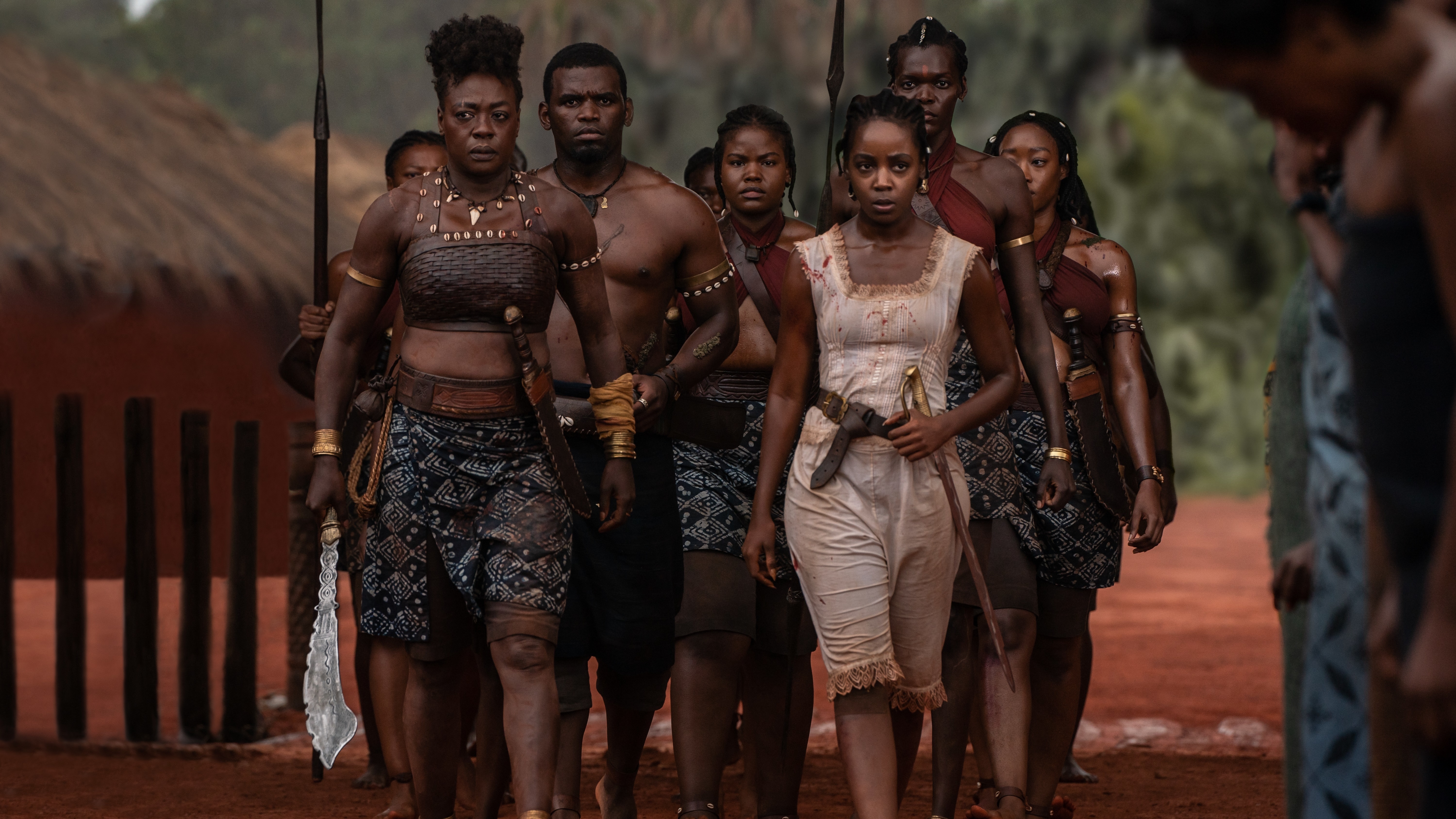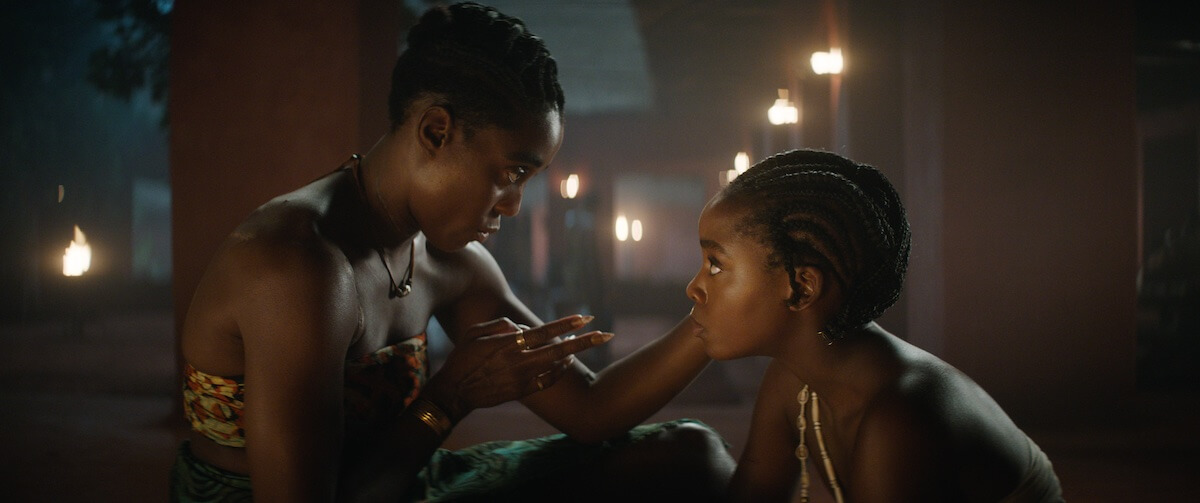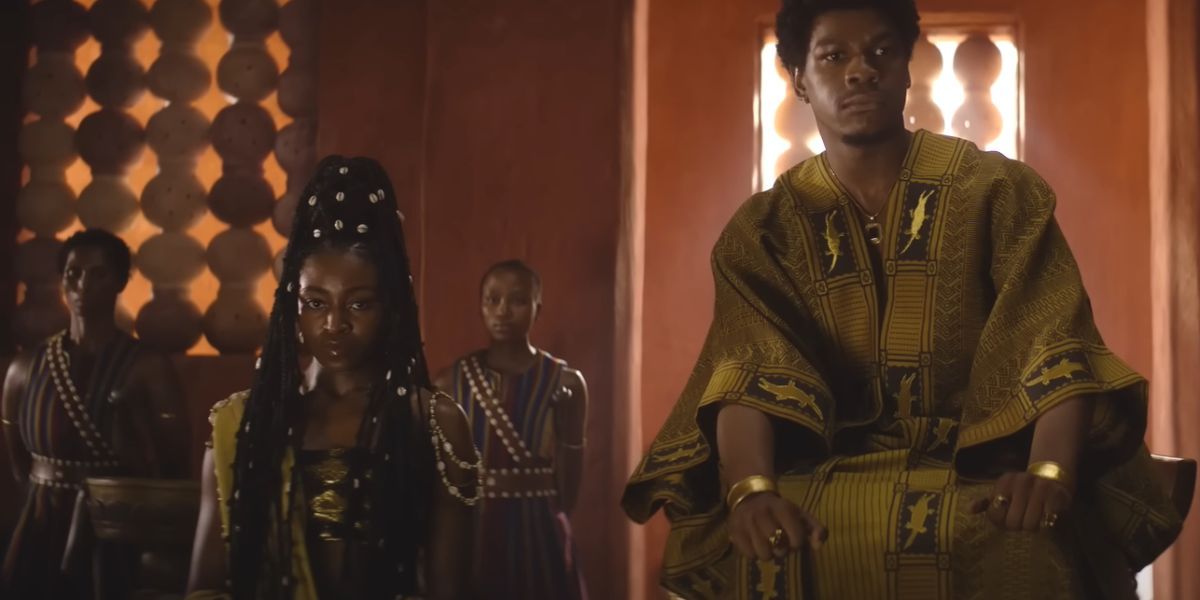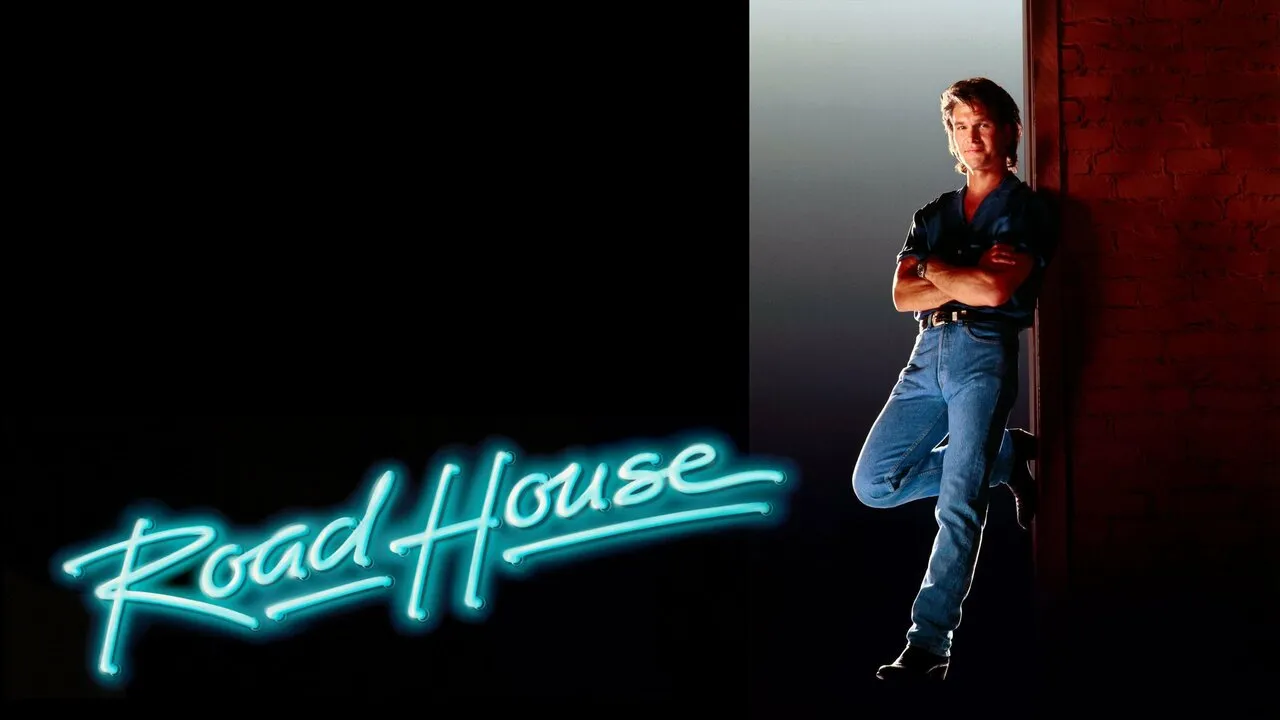There are action epics, and then there is The Woman King: a rousing, emotionally powerful feast of swords-and-sandals spectacle that demands to be seen on the biggest screen possible. Directed by Gina Prince‑Bythewood and led by a powerhouse Viola Davis, this film centers on the legendary Agojie, the all-female warriors who defended the Dahomey kingdom in 19th‑century West Africa.
Set in 1823 in what is now Benin, The Woman King follows General Nanisca (Viola Davis), the fierce leader of the Agojie. She trains a new generation of warriors to defend against both rival tribes and encroaching European colonial forces. Among her recruits is Nawi (Thuso Mbedu), a headstrong young woman determined to carve out her own destiny.
As Nanisca prepares her warriors for battle, she also confronts her own tormented past and the hard truths of her empire’s involvement in the slave trade. With King Ghezo (John Boyega) as both her ally and counterpoint, she walks a precarious path—protecting her people while challenging the moral compromises of her nation.
Viola Davis gives one of her most commanding performances, bringing a mix of iron discipline and hidden vulnerability to Nanisca. Her presence alone can silence a room—but she also conveys the deep scars of a warrior who has given everything.

Thuso Mbedu, as Nawi, shines as the film’s emotional core—her journey from reckless youth to disciplined soldier is magnetic. Lashana Lynch brings flair and wit as Izogie, a senior Agojie warrior, while Sheila Atim, as the seer Amenza, balances grace and spiritual depth. Even John Boyega surprises as a conflicted king, torn between expansionist ambition and emerging conscience.
Prince‑Bythewood doesn’t hold back on battle. The choreographed combat is intense and visceral—“lean ferocity,” as one critic noted. Spears, machetes, and raw tactics take center stage. At the same time, the film pivots seamlessly into moments of ritual and song, underscoring that the Agojie fight not just with arms, but with culture and unity. The Guardian praised its “ass‑kicking, thought-provoking epic” feel—thrilling scenes grounded in emotional truth.
Yet it isn’t all about spectacle. The ritualized dance sequences—featuring singing and communal action—imbue the warriors with identity and purpose beyond battlefield glory. It feels as much spiritual as strategic.

The Woman King tackles layered themes with both grandeur and intimacy:
-
Female Power and Leadership – The film centers women fighting not for a male-dominated kingdom, but as autonomous soldiers, mothers, and leaders.
-
Moral Accountability – Dahomey’s economy relied in part on the slave trade. Nanisca and Ghezo confront that uncomfortable reality head-on. The Times of India praised the courage of its themes, even if some felt the screenplay handled them unevenly.
-
Cultural Reclamation – The film reclaims African history from monolithic portrayals of oppression. The Canadian Guardian noted its cultural depth and emotional resonance.
That said, The Woman King has faced criticism for simplifying its historical record—some viewers in France and online forums have noted the film glosses over Dahomey’s active participation in slavery. It is, undeniably, a simplified historical epic, but one that ignites conversation about how stories are told and remembered.

Shot in South Africa, the film showcases lush, authentic scenery—forests, mud-brick ruins, and royal palaces. Costume and production design immerse audiences in the 19th-century kingdom's vibrancy. The music—featuring original work by Terence Blanchard and vocals by Angélique Kidjo—underscores both sorrow and resilience.
Critics pointed out occasional pacing lulls and conventional cinematography, but also celebrated the sheer joy of seeing these stories brought to life. Women stood tall, drums beckoned warriors forward, and every battle felt earned.
With a 94% critic score on Rotten Tomatoes and a 7.8/10 average rating, The Woman King earned near-universal acclaim for its innovative storytelling and reverent acting. It was nominated for multiple awards—including Golden Globes and BAFTAs—for its direction, acting, crafting, and music. The film also sparked reckonings about representation, historical interpretation, and genre boundaries.
Reddit users praised it as “criminally underrated,” lamenting its PG‑13 constraints and yearning for a deeper exploration of individual characters and backstories.

The Woman King is a cinematic triumph—a bold, emotionally layered epic that honors its subjects with fierce intensity and reverence. Yes, it leans toward heroic fantasy at times, but its moments of doubt, grief, and moral reckoning make it compelling art, not empty spectacle.
In bringing the Agojie to life, the film gives voice to women warriors who history nearly silenced. It reminds us not just to remember, but to re‑imagine history—through courage, ritual, and truth. This is a film made for the big screen, but its reverberations echo long after it ends.

-1751533077-q80.webp)
